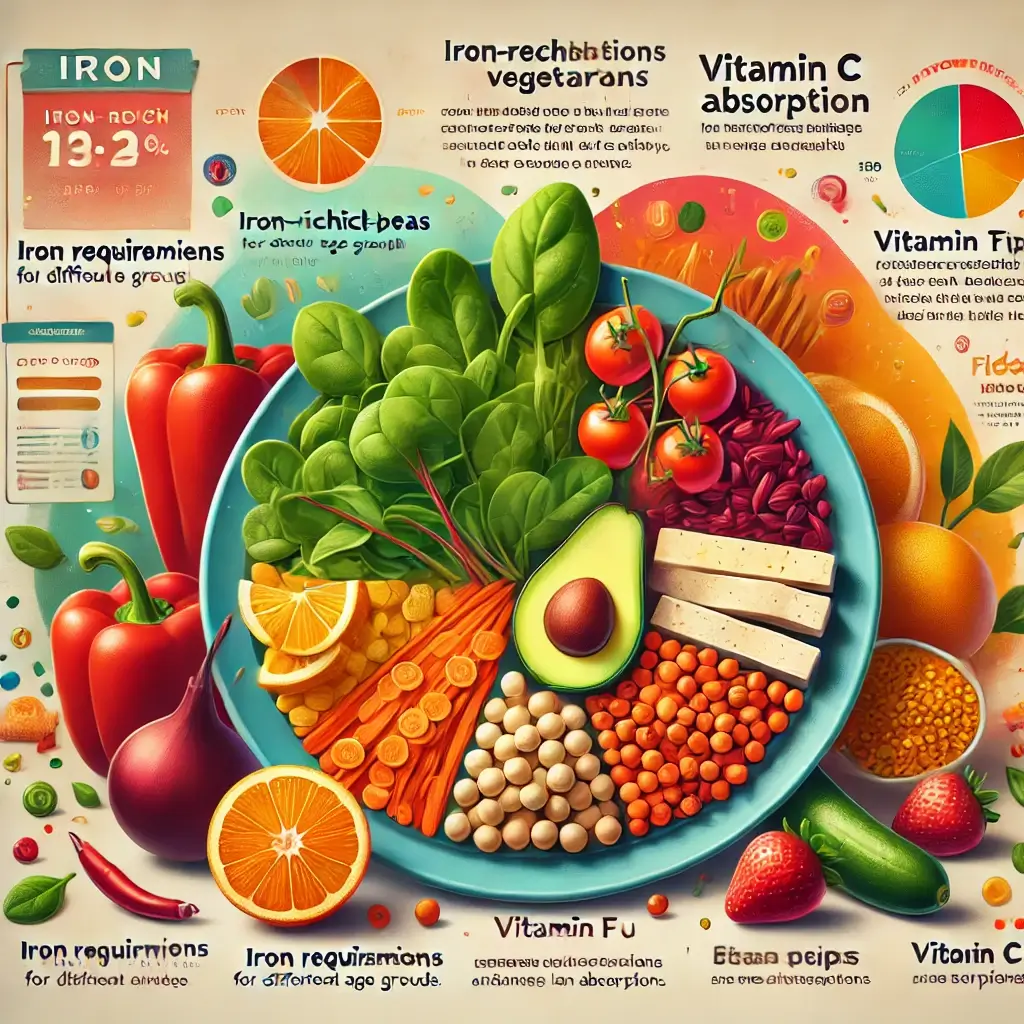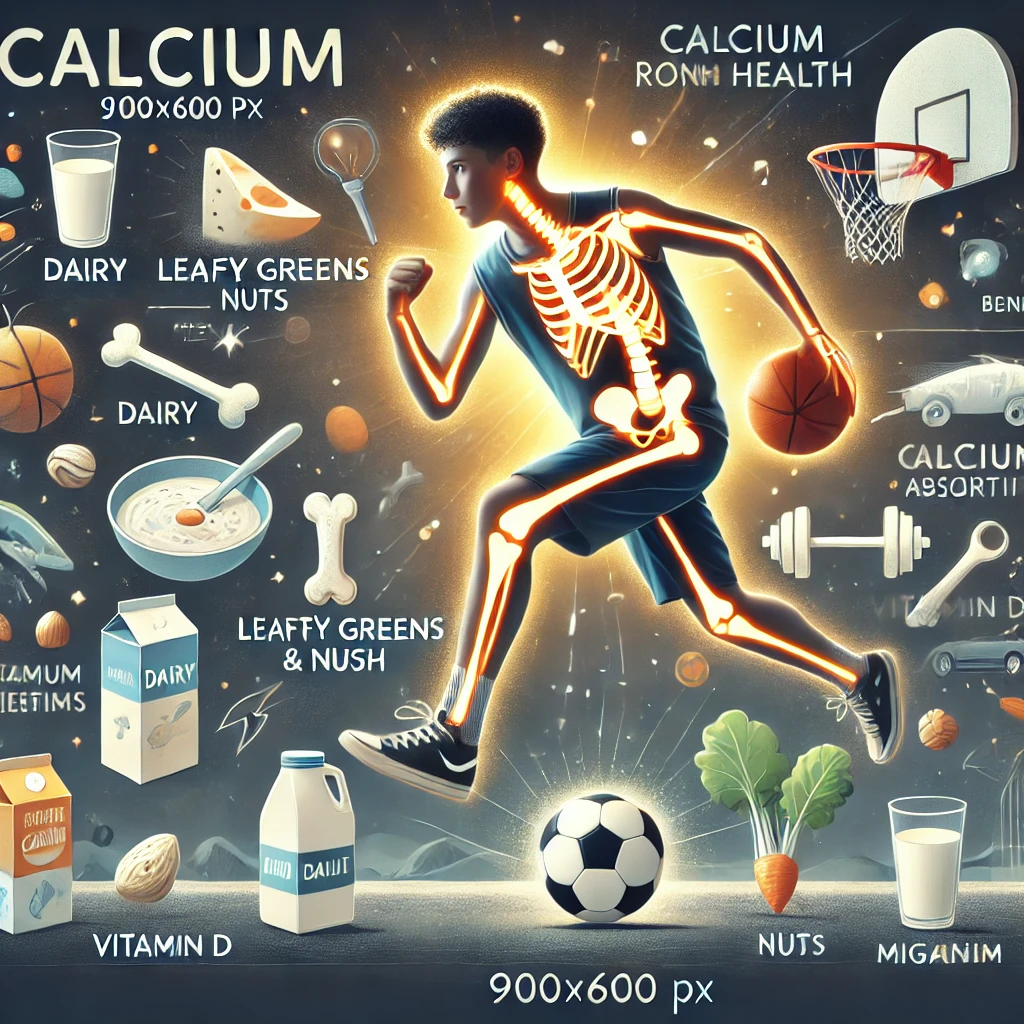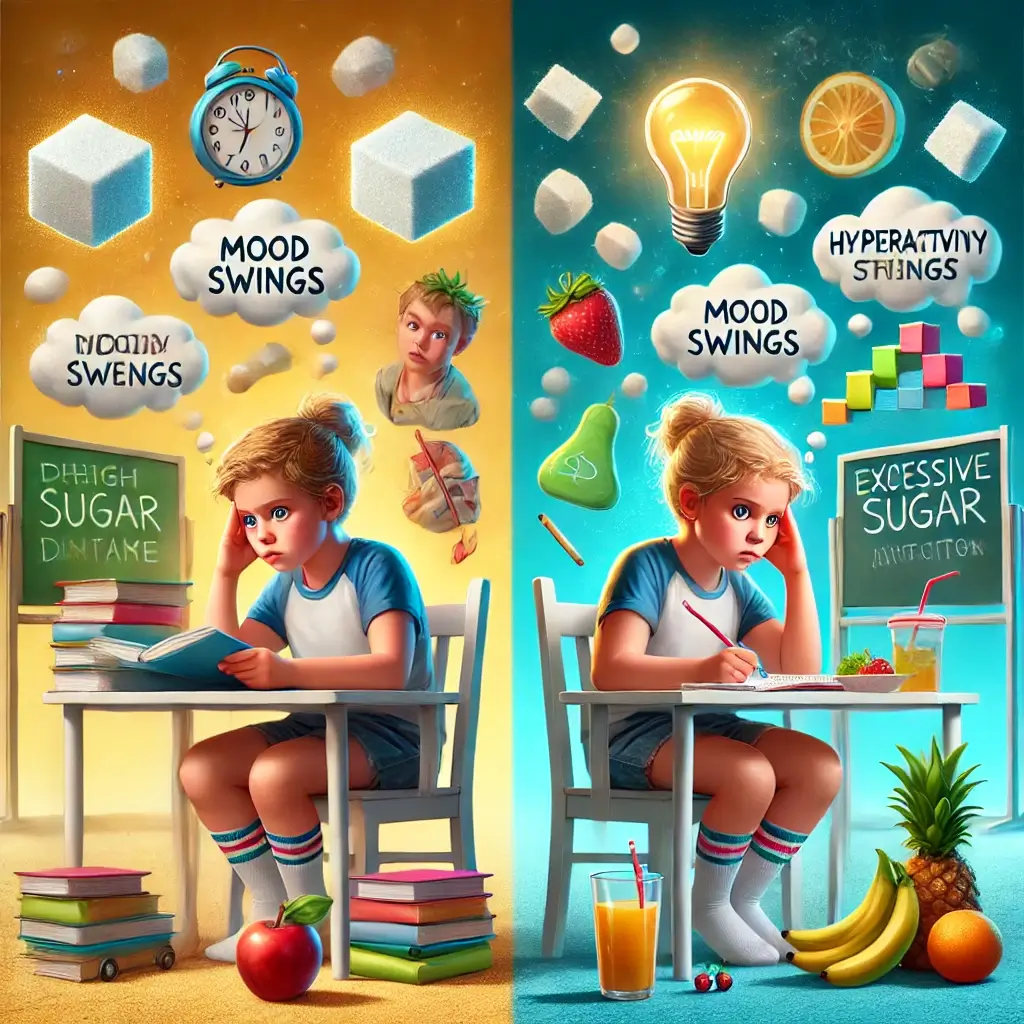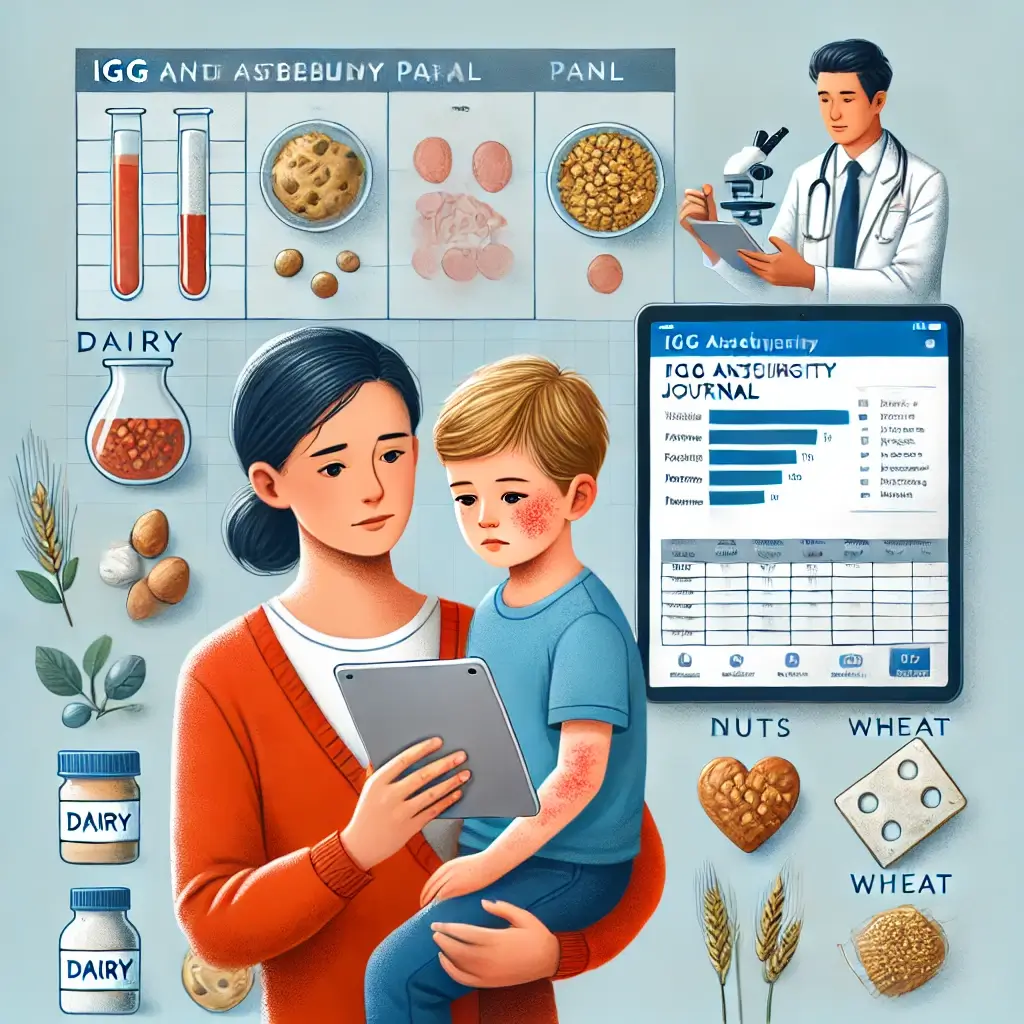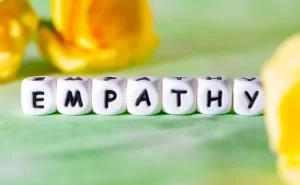New Research Reveals Optimal Iron Intake Strategies for Vegetarian Children
The Growing Importance of Iron in Vegetarian Children’s Diets
Vegetarian diets are increasingly embraced by families worldwide due to their numerous health benefits, environmental considerations, and ethical implications. However, for vegetarian children, meeting nutritional requirements—particularly iron—requires careful planning. Iron is a critical nutrient essential for oxygen transport, immune function, and cognitive development. Yet, the Journal of Pediatric Nutrition (2024) reports that nearly half of vegetarian children have suboptimal iron levels, primarily due to the challenges of balancing non-heme iron sources with dietary absorption factors.
Understanding Iron Absorption in Plant-Based Diets
Non-heme iron, the type found in plants, has a lower absorption rate compared to heme iron from animal sources. This lower bioavailability can lead to iron deficiency if dietary plans are not optimized. Fortunately, recent studies highlight effective strategies, such as combining iron-rich foods with vitamin C enhancers and avoiding inhibitors like calcium during meals. Dr. Michael Chen, a pediatric hematologist, states, “The focus should not only be on consuming iron-rich foods but also on maximizing absorption to meet growing children’s needs.”
Current Research and Iron Absorption Optimization
Recent research provides critical insights into improving iron absorption from plant-based diets. Non-heme iron is absorbed 25% less efficiently than heme iron. However, pairing it with vitamin C-rich foods, such as citrus fruits or bell peppers, can improve absorption by up to 40%. Beverages like tea and coffee, due to their tannin content, reduce absorption by 35%. Calcium-rich foods have a similar inhibitory effect when consumed alongside iron-rich meals.
Age-Specific Requirements for Optimal Iron Intake
Iron needs increase during growth spurts and periods of heightened physical activity. Structured meal planning for vegetarian children’s iron intake includes specific requirements: Toddlers (1–3 years): 7–10 mg/day, School-Age Children (4–12 years): 8–12 mg/day, Teens (13–18 years): 12–15 mg/day, Athletes: Up to 18 mg/day to support energy and recovery needs.
Practical Meal Planning Strategies
A landmark study of 2,500 vegetarian children revealed that children with planned diets had comparable iron levels to their non-vegetarian peers. Structured meal plans included iron-rich foods like lentils, chickpeas, quinoa, tofu, and fortified cereals, vitamin C sources such as oranges, strawberries, tomatoes, and bell peppers, and avoidance of calcium and tannin-containing foods during meals.
Early Detection and Monitoring Guidelines
Clinicians should regularly assess vegetarian children for signs of iron deficiency, including physical symptoms of iron deficiency in children such as unusual fatigue, pale skin, brittle nails, and dark under-eye circles, along with behavioral changes including irritability, decreased attention span, and reduced physical activity.
Technology-Aided Meal Planning Solutions
Parents can leverage tools such as Cronometer to monitor iron intake and balance meal components effectively. Digital platforms for tracking vegetarian nutrition like Yummly provide access to iron-rich, plant-based recipes, while apps like MyFitnessPal help track daily nutrient goals.
Evidence-Based Success in Practice
Case studies highlight the effectiveness of these strategies. A 2024 intervention program involving 100 vegetarian families showed that structured meal plans increased iron sufficiency rates by 75% within six months. The children also demonstrated improved energy levels, academic performance, and overall health outcomes.
Concluding Insights on Vegetarian Iron Optimization
Optimizing iron intake for vegetarian children requires a blend of scientific knowledge, clinical guidance, and practical strategies. By focusing on dietary combinations, avoiding inhibitors, and meeting age-specific requirements, families can ensure their children thrive. Current research underscores the power of structured meal plans in preventing iron deficiency and supporting healthy development.
References and Further Reading
Journal of Pediatric Nutrition (2024). “Iron Sufficiency in Vegetarian Diets.”
Vegetarian Health Quarterly (2024). “Enhancing Iron Absorption in Plant-Based Diets.”
Iron Deficiency Research Review (2024). “Dietary Inhibitors of Iron Absorption.”
Child Development Studies (2024). “Impact of Structured Meal Plans on Pediatric Iron Levels.”
Nutritional Medicine Journal (2024). “Age-Specific Nutritional Guidelines for Vegetarian Children.”
